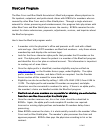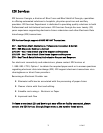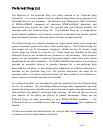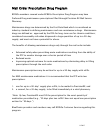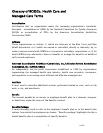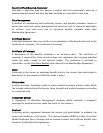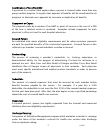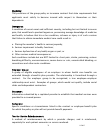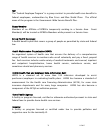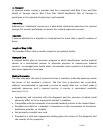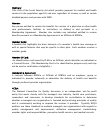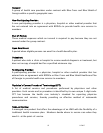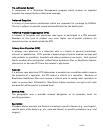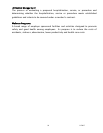78 11/2005
Eligibility:
The provisions of the group policy or insurance contract that state requirements that
applicants must satisfy to become insured with respect to themselves or their
dependents.
Emergency:
A condition of recent onset and sufficient severity, including but not limited to severe
pain, that would lead a prudent layperson, possessing average knowledge of medicine
and health, to believe that his or her condition, sickness or injury is of such a nature
that failure to obtain immediate medical care could result in:
a. Placing the member’s health in serious jeopardy;
b. Serious impairment to bodily functions;
c. Serious dysfunction of any bodily organ or part; or
d. Other serious medical consequences.
Such conditions include but are NOT limited to: chest pain, stroke, poisoning, serious
breathing difficulty, unconsciousness, severe burns or cuts, uncontrolled bleeding, or
convulsions and other acute conditions.
Employer Group:
A group of eligible employees of an employer to whom health care benefits are
extended through a benefits plan provider. The relationship is formalized through a
contract. For the employer group to be recognized, a true employee-employer
relationship must exist. Examples of groups, which would not qualify, include social
clubs and independent contractors.
Encounter:
Information submitted by a capitated provider to establish that medical services were
provided to a covered person.
Exclusions:
Specific conditions or circumstances listed in the contract or employee benefit plan
for which the policy or plan will not provide benefit payments.
Fee-for-Service Reimbursement:
A method of reimbursement by which a provider charges, and is reimbursed,
separately for each patient encounter or service rendered.




